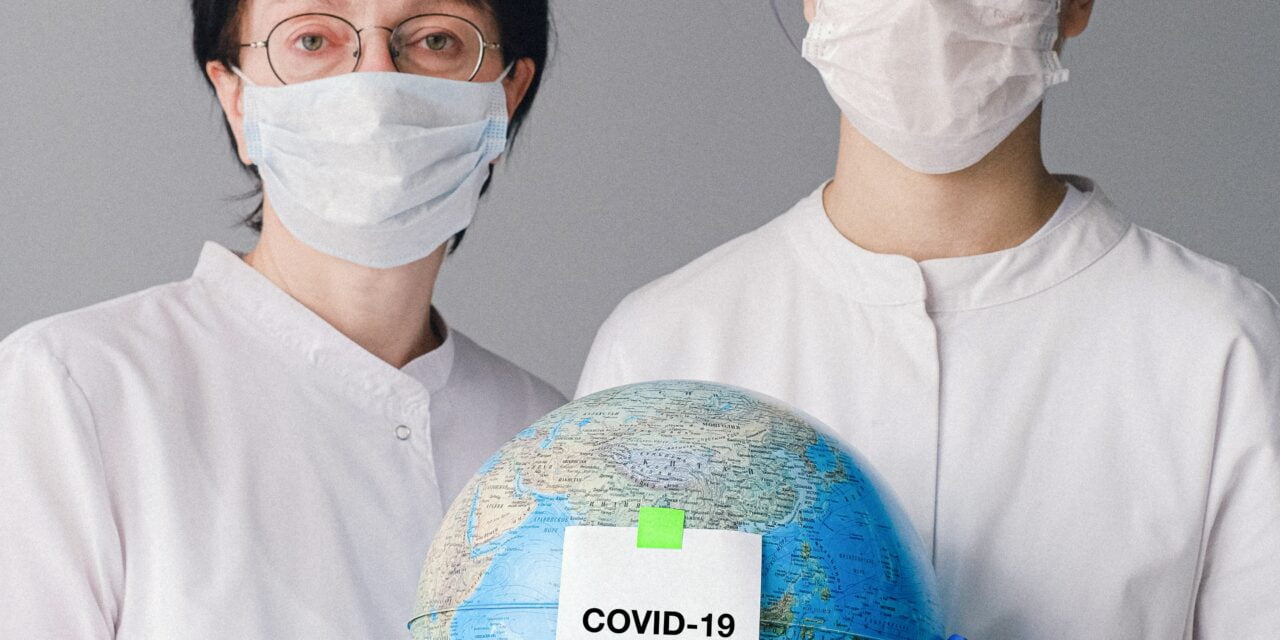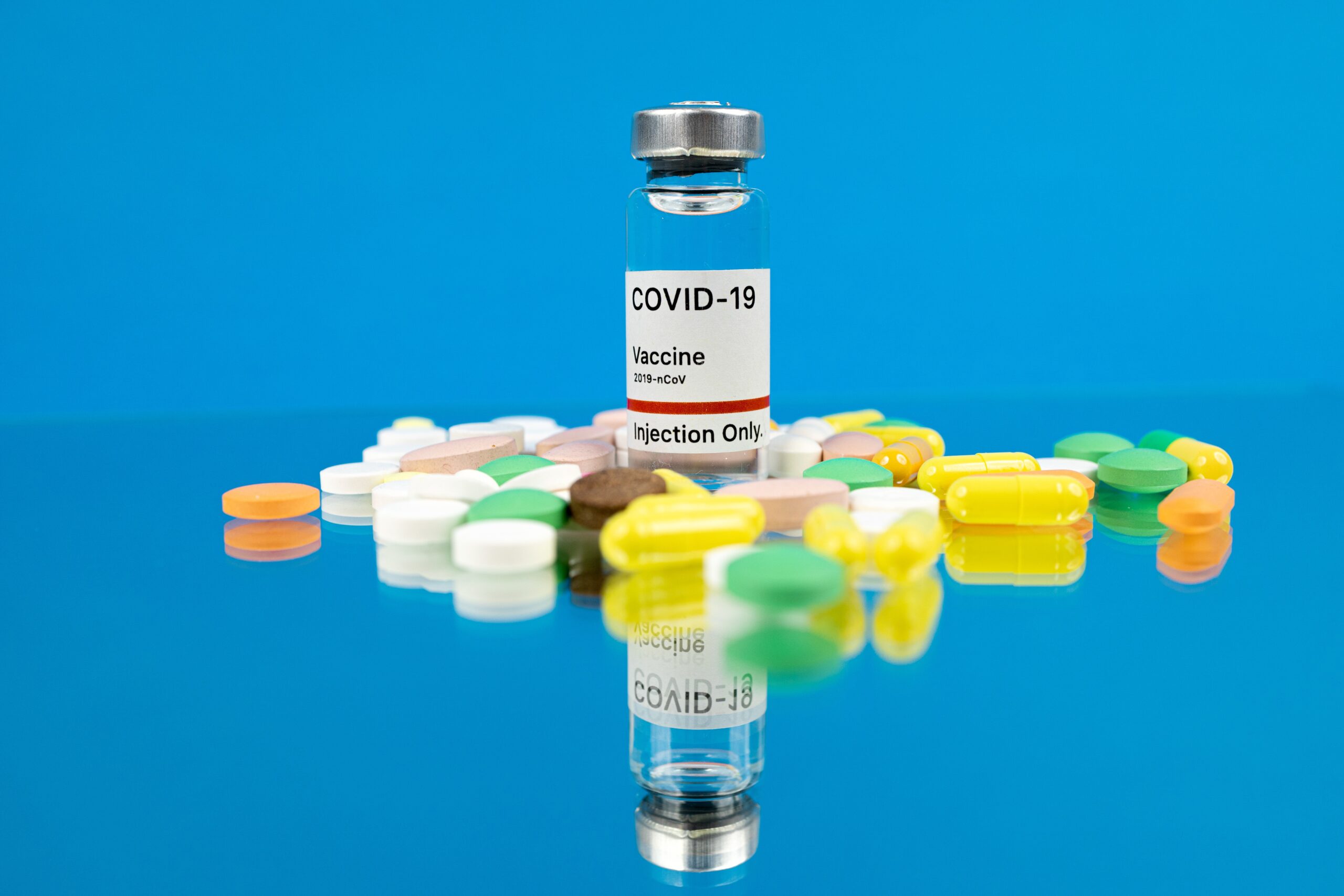Steroids have been widely discussed and utilized in various medical conditions, but their role in treating COVID-19 has garnered significant attention. As the world continues to combat the ongoing pandemic, researchers and healthcare professionals have explored different treatment options to alleviate the severity of COVID-19 symptoms. One such avenue of investigation revolves around the potential benefits of steroids in managing this viral infection. In this article, we will delve into the topic of whether steroids can be helpful in the treatment of COVID-19 and shed light on the current understanding of their efficacy.
The UK Perspective:
The United Kingdom (UK) has been at the forefront of COVID-19 research and clinical trials, contributing valuable insights to the global medical community. In the UK, medical professionals have been actively involved in investigating the use of steroids in COVID-19 treatment. Their efforts have played a crucial role in shaping the understanding of the potential benefits of steroids in managing the disease. With a strong emphasis on evidence-based medicine, the UK’s healthcare system has been instrumental in conducting studies and trials to explore the efficacy of steroids as a therapeutic option for COVID-19 patients.
Understanding Steroids:
Before delving into the role of steroids in COVID-19 treatment, it is essential to understand what steroids are and how they function in the body. Steroids are a class of drugs that mimic certain hormones naturally produced in the body, such as cortisol. These synthetic versions of hormones can have anti-inflammatory and immunosuppressive effects, making them potentially valuable in managing certain medical conditions.
Steroids and COVID-19:
The inflammatory response triggered by COVID-19 can lead to severe complications, especially in individuals with pre-existing conditions or compromised immune systems. Steroids have long been used to combat inflammation in various conditions, and researchers believe that they might also have a role to play in COVID-19 treatment. Studies have indicated that steroids can help reduce the severity of lung inflammation and improve oxygenation in severe COVID-19 cases.
Dexamethasone:
A Breakthrough Discovery: One of the significant breakthroughs in the use of steroids for COVID-19 treatment came with the discovery of the drug dexamethasone. In June 2020, the RECOVERY trial in the UK showed that dexamethasone significantly reduced mortality rates among severely ill COVID-19 patients requiring oxygen or mechanical ventilation. This groundbreaking finding prompted a paradigm shift in the use of steroids for managing COVID-19 and provided hope for patients worldwide.
Steroids in Mild to Moderate Cases:
While the initial focus of steroid use in COVID-19 treatment was on severe cases, recent research has explored their potential benefits in mild to moderate cases as well. Studies have suggested that low-dose steroids, such as prednisone or methylprednisolone, may help reduce the risk of disease progression and the need for hospitalization in patients with less severe symptoms. These findings open up the possibility of early intervention with steroids to prevent the worsening of symptoms and complications.
Balancing Benefits and Risks:
As with any medication, it is crucial to strike a balance between the potential benefits and risks. While this article focuses on the positive aspects of steroid use for COVID-19 treatment, it is important to note that their usage should be carefully evaluated by healthcare professionals. Steroids may have certain side effects and risks associated with long-term use. Consulting a medical expert is essential to determine the appropriate dosage and duration of steroid treatment tailored to each patient’s specific condition.
Conclusion: Steroids have emerged as a potentially beneficial treatment option for COVID-19, helping to mitigate the severe symptoms and complications associated with the disease. The United Kingdom has played a significant role in advancing our understanding of the role of steroids in COVID-19 treatment through rigorous research and clinical trials. As ongoing studies continue to shed light on the effectiveness and optimal use of steroids in different COVID-19 scenarios, the medical community remains committed to identifying safe and effective treatment strategies to combat this global health crisis.
FAQs
Q: What are steroids, and how do they function in the body?
A: Steroids are synthetic drugs that mimic hormones naturally produced in the body. They have anti-inflammatory and immunosuppressive effects, which make them potentially valuable in managing certain medical conditions.
Q: Do steroids help in the treatment of COVID-19?
A: Studies have indicated that steroids can help reduce the severity of lung inflammation and improve oxygenation in severe COVID-19 cases. They are particularly beneficial in reducing mortality rates among severely ill patients.
Q: What was the breakthrough discovery regarding the use of steroids for COVID-19 treatment?
A: The discovery of the drug dexamethasone was a significant breakthrough. The RECOVERY trial in the UK showed that dexamethasone significantly reduced mortality rates among severely ill COVID-19 patients requiring oxygen or mechanical ventilation.
Q: Are steroids only effective in severe cases of COVID-19?
A: Initially, the focus was on severe cases, but recent research has explored the potential benefits of steroids in mild to moderate cases as well. Low-dose steroids may help reduce the risk of disease progression and the need for hospitalization in patients with less severe symptoms.
Q: Should I be concerned about the side effects and risks of using steroids for COVID-19 treatment?
A: While this article focuses on the positive aspects of steroid use, it is important to note that their usage should be carefully evaluated by healthcare professionals. Steroids may have certain side effects and risks associated with long-term use. Consulting a medical expert is crucial to determine the appropriate dosage and duration of steroid treatment tailored to each patient’s specific condition.
Author

Dr. Aditya K. Sharma
I am Dr. Aditya Sharma, a dedicated urologist specializing in kidney transplants and advanced urological surgeries. My career is driven by a passion for delivering exceptional care and pioneering surgical techniques. Outside the operating room, I have a keen interest in studying the effects of anabolic steroids on bodybuilding, seeking to understand the fine line between enhancing performance and maintaining health.







